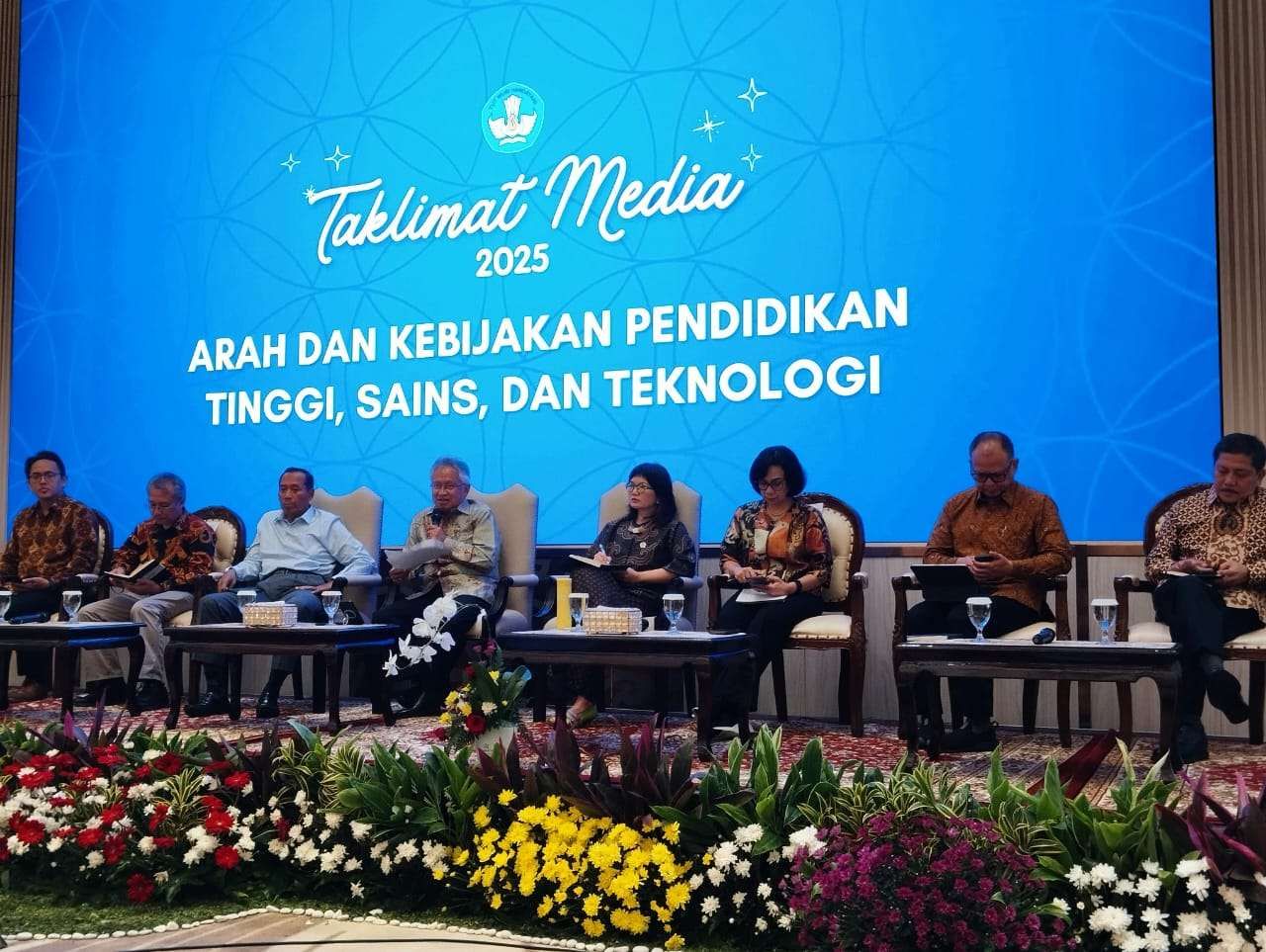Indonesia is setting ambitious goals to transform its economic landscape by 2029. Minister of Higher Education, Science, and Technology, Satryo Soemantri Brodjonegoro, has labeled the nation as currently unproductive, emphasizing the urgent need for significant industrial development. He envisions a future where high-value, technology-focused industries play a pivotal role in the economy.
In a recent media briefing at Graha Diktisaintek, Jakarta, Minister Satryo outlined his strategy to enhance productivity through the cultivation of industries centered on advanced technology. Drawing from his experience as the former Head of the Mechanical Engineering Department at the Bandung Institute of Technology (ITB), he stressed the importance of industries that can compete on a global scale.
A cornerstone of this strategy is the development of human resources through higher education. The Ministry plans to equip graduates with the skills necessary for research and development, serving as a foundation for new industries, including startups and high-tech enterprises. Minister Satryo believes that empowering individuals to be productive members of society with substantial purchasing power will, in turn, support industrial growth.
Indonesia's current economic status is characterized by the middle-income trap, where a country struggles to transition from a middle-income to a high-income economy. To address this, the government is focusing on sectors such as science, technology, engineering, and mathematics (STEM) within higher education. This initiative aims to align the workforce's skills with industry needs, mitigating the mismatch between human resources and market demands.
Collaboration with industry stakeholders is also on the agenda. However, Minister Satryo acknowledges that effective communication with STEM-based industries will become more feasible as these sectors develop domestically. Currently, partnerships with international STEM industries are being considered to bridge the gap.
The government's commitment to this transformation is evident in its economic projections. According to the National Development Planning Agency (Bappenas), Indonesia aims to achieve an economic growth rate of 5.1% to 5.5% in 2025, with aspirations to reach 8% by 2029.This ambitious target is supported by plans to attract investments totaling approximately $2.9 trillion between 2025 and 2029, focusing on sectors that enhance productivity and industrial value chains.
Furthermore, the government is aligning its National Medium-Term Development Plan (RPJMN) for 2025-2029 with the Sustainable Development Goals (SDGs), ensuring that economic growth is inclusive and sustainable.
This alignment underscores the importance of developing industries that not only contribute to economic growth but also adhere to global sustainability standards.
In conclusion, Indonesia's roadmap to becoming a productive nation by 2029 is centered on developing high-value, technology-driven industries. Through educational reforms, strategic investments, and international collaborations, the country aims to break free from the middle-income trap and establish itself as a competitive player in the global economy.
Read More






 Friday, 27-02-26
Friday, 27-02-26







